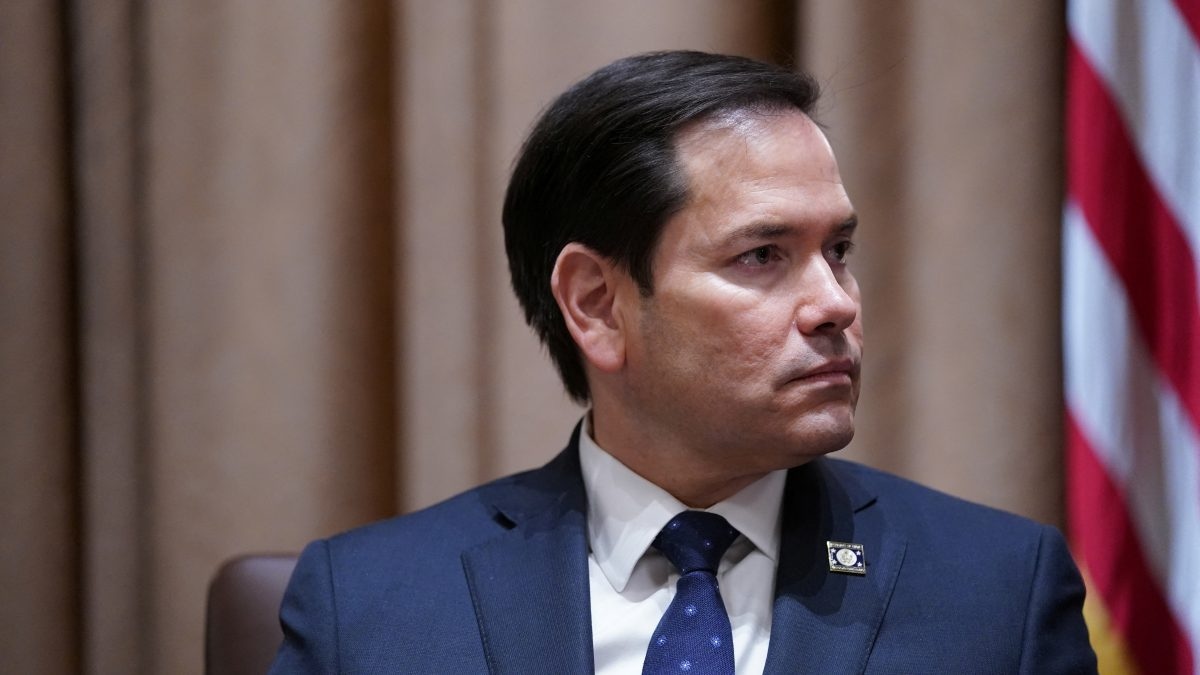A senior state department official has asserted that it is in “America’s interest” to commit to East Asia and Southeast Asia. Trump has been advised to prioritise Asia amid China’s threatening influence over the regionread more
US State Secretary Marco Rubio is set to visit Malaysia for the Asean Summit, for his first trip to the continent since taking up the post in January. His visit will mark Washington’s shifting focus on Asian allies, months after engaging in the Russia-Ukraine war and the crisis in West Asia.
State Department spokeswoman Tammy Bruce said, “In his first trip to Asia as Secretary of State, Secretary Rubio is focused on reaffirming the United States’ commitment to advancing a free, open, and secure Indo-Pacific region.”
Meanwhile, a senior state department official has asserted that it is in “America’s interest” to commit to East Asia and Southeast Asia.
Trump has been advised to prioritise Asia amid China’s threatening influence over the region. In the past few months, Vice President JD Vance and Undersecretary of Defence Elbridge Colby’s campaign to minimise US involvement in West Asia and focus on China has dealt a major blow.
Trump tariffs on Asian nations
Rubio’s trip comes after
Trump announced a slew of tariffs on several Asian countries, including Malaysia. A 25 per cent tariff has been slapped on Japan, South Korea and Malaysia, while Laos will see a 40 per cent levy on its products.
Tariffs would be a key point of discussion during the meeting, with many countries expected to express concerns over them. The senior official told The Business Times that Rubio will tell Asean members that the US wants to “rebalance” its trade relationships.
Rubio to skip visits to Japan, S Korea
Meanwhile, Rubio was supposed to
kick-start his Asia tour with Japan and South Korea. However, those trips currently stand postponed as the secretary needs to focus on Gaza ceasefire plans, according to a report by Nikkei.
During his visit to Japan, Rubio was scheduled to meet with Prime Minister Shigeru Ishiba and Foreign Minister Takeshi Iwaya. Discussions were expected to cover US tariff policies, developments in West Asia, and regional issues involving China, Russia, and North Korea.
